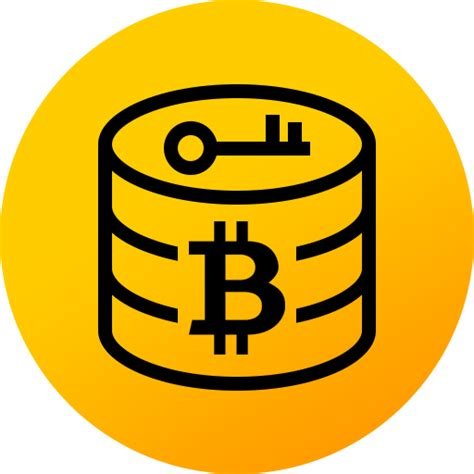Finding Well-Connected Nodes in the Ethereum Ecosystem
As an Ethereum user, finding reliable and well-connected nodes can be essential for ensuring the security of your transactions. In this article, we will delve into the world of node selection and provide guidance on how to find well-connected nodes in the Ethereum ecosystem.
Why is it crucial to select a well-connected node?
In the Ethereum network, each block contains multiple transactions, which are verified by nodes before being added to the blockchain. While 0-confirmation transactions can be secure, they do not guarantee that a transaction will reach its destination without any issues. However, with the advent of “race attacks,” malicious actors have found ways to compromise the security of transactions.
To mitigate these risks, it’s essential to select nodes that are well-connected and operate with high reliability. Well-connected nodes have been trained on large datasets, which enables them to process transactions at a faster rate and detect anomalies in real-time.
Why can’t I simply configure Bitcoin daemon to not listen for incoming connections?
While configuring Bitcoin daemon to ignore incoming connections might seem like a straightforward solution, it’s not that simple. The Bitcoin protocol relies heavily on the network’s consensus mechanism to validate transactions. If nodes were allowed to ignore incoming connections, it would lead to a situation where no one can ensure the security of their transactions.
Instead, we recommend configuring nodes in other ways:
- Use an Ethereum node service: Services like Infura or Alchemy provide access to well-connected nodes and allow you to configure your wallet settings without having to manage multiple nodes.
- Configure a node with good reputation: Look for nodes that have been trusted by the community, as these are more likely to operate securely.
How to find well-connected nodes
To find reliable nodes in the Ethereum ecosystem:
- Check the Node Status: Monitor the status of your preferred nodes using tools like Blockexplorer or Ethplorer. A healthy node should show a steady stream of new blocks and transactions.
- Use a node service: Services like Infura or Alchemy provide access to well-connected nodes and allow you to configure your wallet settings without having to manage multiple nodes.
- Research the Node’s Reputation

: Look for reviews and ratings from other users to gauge the reliability of the node.
- Join a Local Blockchain Community: Connect with local blockchain communities to gather information about reliable nodes in your area.
By following these tips, you can increase your chances of finding well-connected nodes that will help ensure the security of your Ethereum transactions.
Additional Resources
- [Ethereum Node Guide](
- [Infura Node Guide](
- [Alchemy Node Guide](
Stay connected and informed about the Ethereum ecosystem by following these resources and tips.


